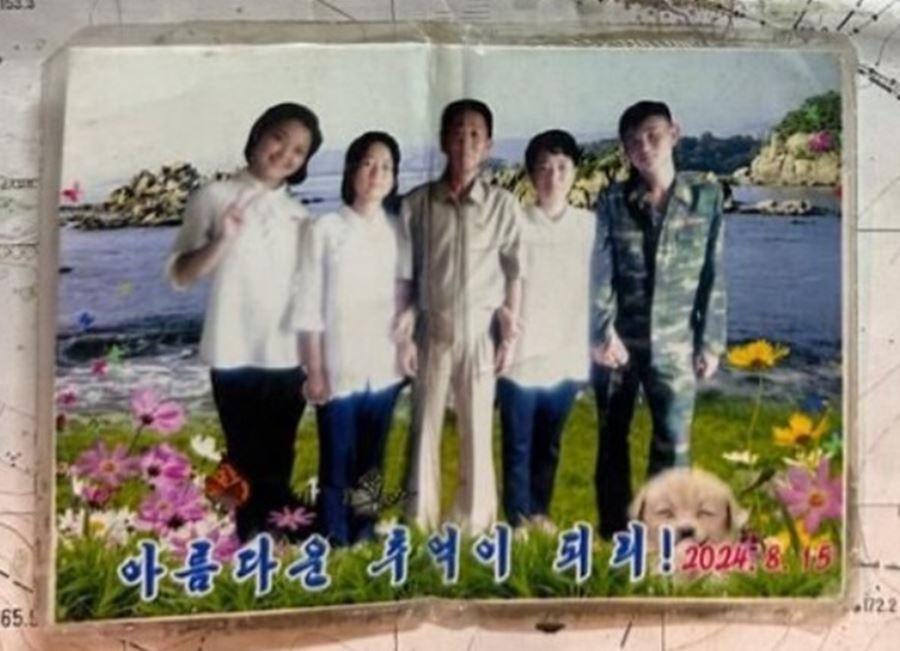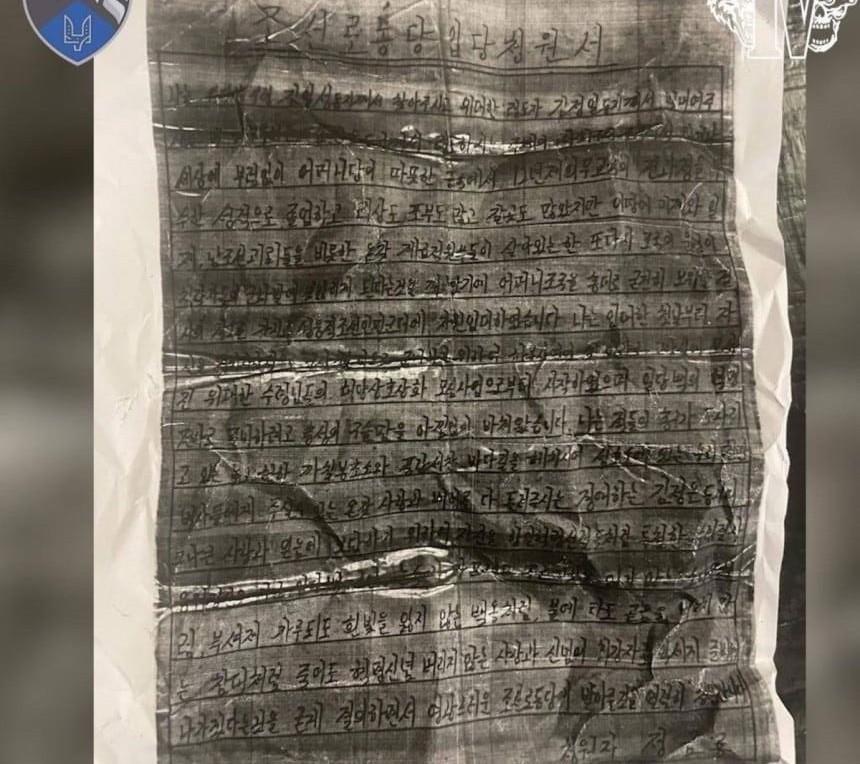
A Workers' Party membership application was found among the personal effects of a North Korean soldier who died in combat in Russia. This appears to be due to the offer of "battlefield party admission," a special measure allowing urgent party membership. But why offer party membership on the battlefield? What is the Kim Jong-un regime's strategy? (By KANG Ji-won / Edited by HONG Mari)
◆ Why "Party Membership" is Special in North Korea
What does becoming a Workers' Party member mean in North Korean society?
First, it's important to understand that North Korea is a strict class society. One's class determines career opportunities, advancement, residence, and even marriage prospects. For young North Koreans aspiring to move up in class, there are three essential requirements: completing service in the Korean People's Army, graduating from university, and joining the Party.
*Note: According to ASIAPRESS investigations, current military service is 8 years for men and 5 years for women.
Party membership isn't easily obtained. While military veterans were previously given preferential consideration, recent focus has shifted to post-discharge social behavior. They evaluate loyalty to Party policies and general conduct, constantly testing devotion to the Party and leader (Kim Jong-un).
Usually, membership applications can be submitted twice a year, but only by pre-selected individuals. After that, there's a two-year candidacy period followed by evaluation before full membership is granted.

◆ "Battlefield Party Admission" - Immediate Membership Approval
"Battlefield party admission" is an exceptional case where these lengthy procedures are bypassed. It's only valid during wartime or for special merit, and members admitted this way are regarded distinctively.
While the age of the soldier with the application is unknown, deployed soldiers are typically 18-24 years old. North Korean soldiers receive minimal pay and supplies, with limited leave privileges. Compensation for deployment to Russia likely includes little beyond cigarettes and alcohol. Medals and decorations hold little practical value. For a soldier in their early 20s, the promise of Party membership would be an extraordinary and unexpected reward.
*Note: In September 2014, a sergeant received 150 won monthly, equivalent to about 11.6 South Korean won.

























